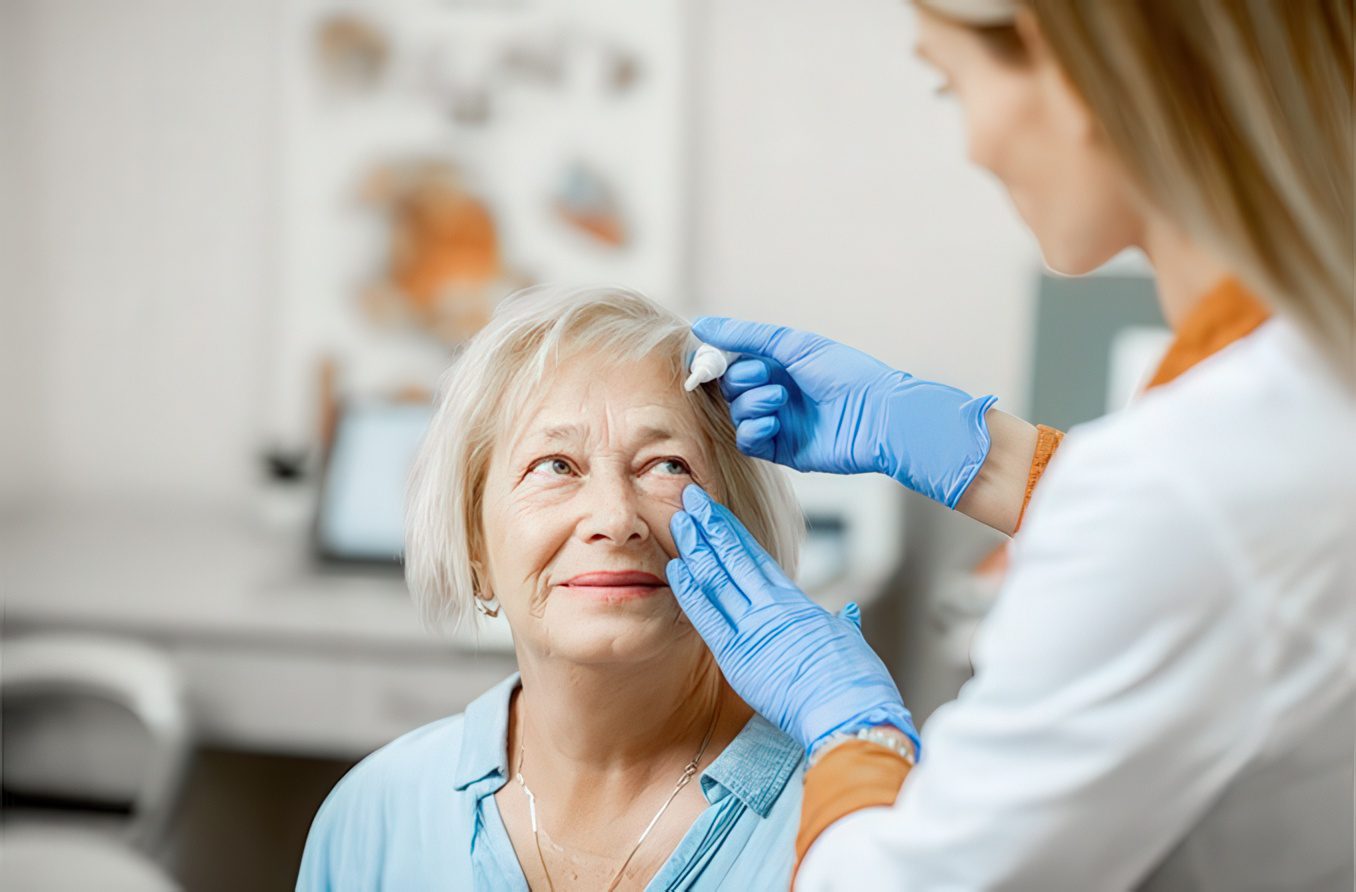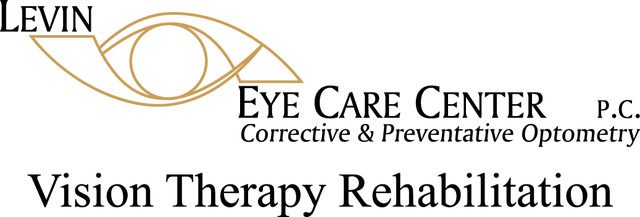
How Diabetes Affects Your Eyes: How Diabetes Impacts Your Eyes and What You Can Do About It
Diabetes is a chronic condition that impacts many parts of your body, and your eyes are no exception. In the United States, millions live with diabetes, and the complications it brings can be both costly and life-altering. Among these complications, vision problems are especially significant, as diabetes is a leading cause of preventable blindness.
How Diabetes Impacts Your Eyes
Understanding how diabetes impacts your eyes is crucial for maintaining your vision health.
Diabetes affects the small blood vessels throughout your body, including those in your eyes. Over time, high blood sugar can damage these vessels, leading to a group of eye problems collectively known as diabetic eye disease. The most common and serious of these is diabetic retinopathy. Diabetes impacts your eyes through these conditions and should be monitored closely.
Diabetic Retinopathy:
This condition occurs when high blood sugar damages the blood vessels in the retina, the light-sensitive tissue at the back of your eye. Damaged vessels can leak fluid or bleed, causing swelling and blurred vision. In advanced stages, abnormal new blood vessels may grow, leading to scarring and even retinal detachment, which can cause permanent vision loss if untreated.
Other Diabetes-Related Eye Conditions:
- Cataracts: Diabetes increases your risk of developing cataracts at a younger age. Cataracts cloud the lens of your eye and can make your vision blurry.
- Glaucoma: People with diabetes are nearly twice as likely to develop glaucoma, a condition that increases pressure inside the eye and can damage the optic nerve.
- Diabetic Macular Edema (DME): This is swelling in the macula, the part of the retina responsible for sharp, central vision. DME can cause significant vision loss if not treated.
Why Regular Diabetic Eye Exams Matter
Diabetic eye diseases often develop without noticeable symptoms in their early stages. You might not realize anything is wrong until your vision is already affected. That’s why annual comprehensive diabetic eye exams are so important for anyone with diabetes. These exams can detect problems early, allowing for timely treatment that can prevent or delay vision loss.
Eye doctors are often the first healthcare professionals to spot signs of diabetes in people who haven’t yet been diagnosed. Early detection can make a significant difference in preserving your vision.
What You Can Do to Protect Your Eyes
Protecting your vision when you have diabetes involves a combination of regular medical care and healthy lifestyle choices:
- Get Regular Diabetic Eye Exams: Schedule a comprehensive, dilated eye exam at least once a year. Early detection is key to preventing serious vision problems.
- Manage Your Diabetes: Keeping your blood sugar, blood pressure, and cholesterol under control is crucial. Follow your healthcare provider’s advice on diet, exercise, and medication.
- Watch for Vision Changes: Be alert for symptoms like blurry vision, floaters, trouble seeing at night, or sudden vision changes. If you notice these, contact your eye doctor promptly.
- Adopt Healthy Habits: Eating well, exercising regularly, and quitting smoking can lower your risk of diabetic eye disease. Smoking, in particular, can worsen eye complications.
- Work with Your Healthcare Team: Diabetes affects your whole body, so coordinate care with your primary doctor, endocrinologist, and eye care professional to manage your overall health.
The Cost of Diabetes And the Value of Prevention
Diabetes not only threatens your health but also places a significant economic burden on individuals and the healthcare system. In recent years, the cost of treating diabetes and its complications in the U.S. has exceeded $400 billion annually. By catching and treating eye problems early, you can help reduce these costs and avoid more serious health issues down the line.
Conclusion
Diabetes can lead to serious eye problems, but you don’t have to face them alone. By staying proactive, getting regular diabetic eye exams, managing your blood sugar levels, and adopting a healthy lifestyle, you can significantly reduce your risk of vision loss. If you have diabetes, make your eye health a priority and schedule an eye exam today. Early detection and treatment are the most effective ways to protect your vision and maintain your quality of life. How Diabetes Impacts Your Eyes
